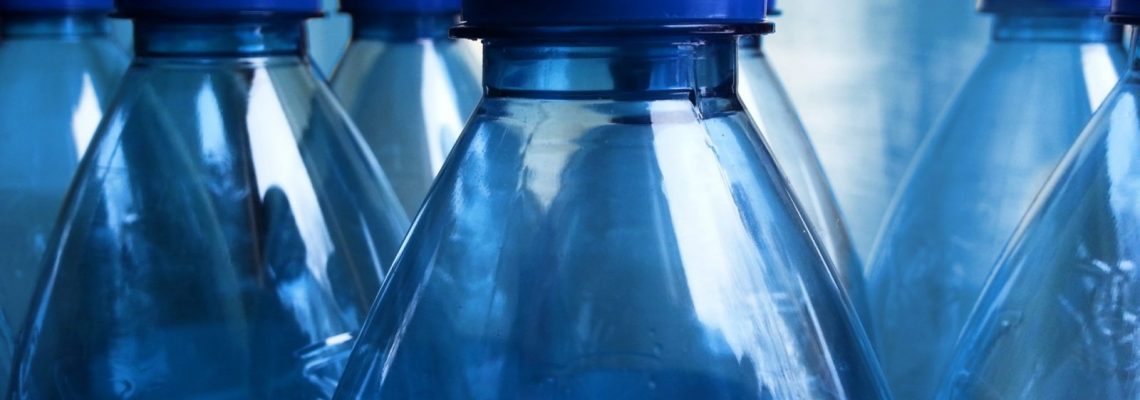Molecular weight is a complex material property that demands consideration in consumer products and in food and beverage contact materials. It is of particular interest in synthetic polymers and plastic products, given the importance of molecular weight on material integrity and mechanical behavior. This is complicated by the fact that the molecular weights of apparently identical products can vary dramatically across broad distributions, and may need to be quantified as an averaged value.
Importance of Molecular Weight for Polycarbonates
Polycarbonates are one of the primary groups of commercial and engineering thermoplastics, with myriad applications for retail products. Relatively recent applications for the material include injection mold forming of drinking bottles and food containers. However, there are potential hazards associated with using polycarbonate thermoplastics for components contacting food and beverages. Research has shown that harmful bisphenol A (BPA) can leach from polycarbonate drinking bottles into the water that consumers drink. Data exploring the effects of exposure to BPA are non-conclusive, with some reports suggesting that current levels of leachable BPA in polycarbonate food contact materials exhibit no significant health effects on consumers. Alternative reports link heightened exposure to severe conditions such as heart disease.
The molecular weight distribution of the polycarbonate group is one of the broadest of all commercial thermoplastics, measuring between 50,000 – 300,000. Injection formed polycarbonates are typically at the lower end of this distribution curve, but water bottles will still display a broad molar mass distribution. This may be further complicated by the leaching behavior of hazardous or toxic agents within the polymer matrix.
Water bottles made from polycarbonate are more durable than single-use alternatives and are envisaged as reusable products that can withstand washing with chemical agents at elevated temperatures. It is important to measure the molecular weight distribution of reusable water bottles after thermal treatment to assess variations in its chemical-mechanical structure. This can provide reliable data regarding the bottle’s physical integrity following simulated washing processes.
Thermal Treatment and Molecular Weight
Jordi Labs performed a comparative study of polycarbonate water bottles before and after thermal treatments. We assessed changes in molecular weight using gel permeation chromatography (GPC), one of the most reliable methods of determining the molar mass distribution of samples across the broadest possible molecular weight distribution.
This technology was applied to samples that had been subjected to two separate forms of thermal processing. Samples were subjected to either three typical dishwashing cycles or heating in an oven at 130 °C for a period of up to 48-hours. Each of these was compared to the as-received sample to determine any variations in molecular weight following simulated use conditions.
This study determined no significant correlation between molecular weight and thermal processing, demonstrating good physical integrity throughout real-world usage conditions. Therefore, it was determined that these bottles would not degrade due to routine washing.
Molecular Weight Testing with Jordi Labs
Jordi Labs provides a range of molecular weight testing services for manufacturers of consumer goods and food and beverage contact materials. We understand the need for testing products in simulated use conditions to alleviate consumer concerns about poorly documented risks to health.
If you would like any more information about performing molecular weight analysis of water bottles and food contact materials with Jordi Labs, please do not hesitate to contact us.





